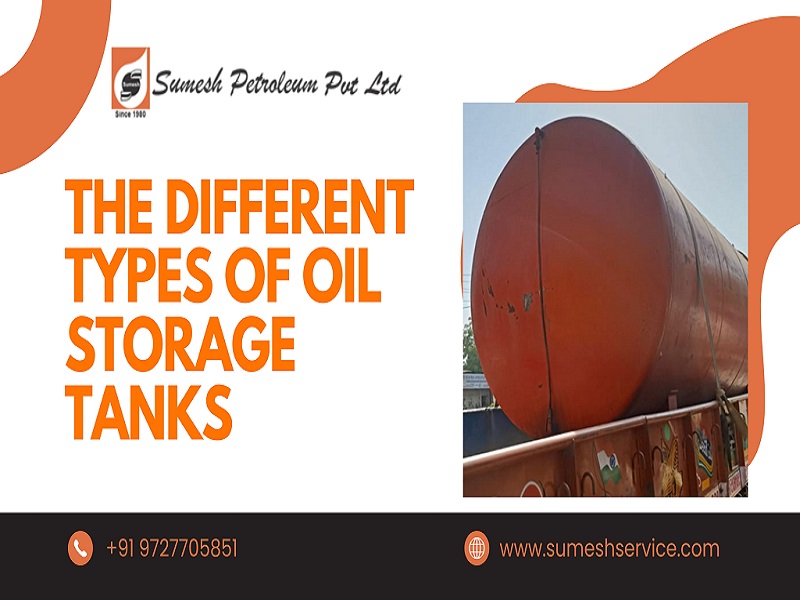The Different Types of Oil Storage Tanks

Oil Storage Tank is crucial in various industries, from refineries to commercial establishments. These tanks ensure the safe and efficient storage of petroleum s. However, choosing the right one can be overwhelming with different types available. Let's delve into the various types of oil storage tanks to help you make an informed decision.
Types of Oil Storage Tanks
1. Aboveground Storage Tanks (ASTs)
These tanks are visibly installed on the ground. They are commonly used for storing large volumes of oil and are often seen in industrial settings.
Advantages: Easy accessibility for inspection and maintenance, larger capacity.
Disadvantages: Potential environmental risks in case of leaks, susceptible to weather conditions.
2. Underground Storage Tanks (USTs)
As the name suggests, these tanks are buried underground. They are commonly used for storing smaller volumes of oil, often found in residential and commercial properties.
Advantages: Aesthetically pleasing, protected from extreme weather conditions.
Disadvantages: Difficult to inspect and maintain, potential for soil contamination in case of leaks.
3. Double-Wall Storage Tanks
These tanks feature an inner and outer wall with a gap between them. This design provides an additional layer of protection against leaks and spills.
Advantages: Enhanced environmental protection, reduced risk of contamination.
Disadvantages: Higher initial cost compared to single-wall tanks.
4. Fixed-Roof Tanks
These tanks have a stationary roof and are typically used for storing crude oil and other heavy petroleum s.
Advantages: Simple design, cost-effective.
Disadvantages: Potential for vapor loss, fire hazards due to flammable vapors.
5. Floating-Roof Tanks
These tanks have a roof that floats on the surface of the stored oil. They are commonly used for storing volatile s like gasoline to minimize vapor loss.
Advantages: Reduced vapor loss, improved fire safety.
Disadvantages: Complex design, higher maintenance costs.
Choosing the Right Oil Storage Tank
Selecting the appropriate oil storage tank depends on various factors, including:
Storage capacity: Determine the amount of oil you need to store.
Product type: Different oils have different storage requirements.
Environmental regulations: Adhere to local and federal regulations.
Safety considerations: Prioritize safety measures to prevent accidents.
Budget: Consider the initial cost and ongoing maintenance expenses.
Sumesh Service is a trusted name in the oil storage tank industry. Our expertise can help you choose the ideal tank for your specific needs. Contact us today for a comprehensive assessment and tailored solutions.

